World Resources Institute recently released Unlocking a Renewable Energy Future: How Government Action Can Drive Private Investment, a report outlining key challenges to increasing clean energy investment and deployment. This report digs into the financial and regulatory mechanisms available to support policy frameworks like that outlined in SDSN USA’s Zero Carbon Action Plan (ZCAP), released in October 2020.
SDSN USA Hosts "Take Action for Hispanic Heritage Month" Webinar
On July 28th, 2021, SDSN USA and The Hispanic Star co-hosted a webinar focused on helping SDSN USA members and partners plan activations for Hispanic Heritage Month.
Opportunity for Students: Use ArcGIS StoryMaps to tell SDG Stories!
We are inviting interested students from SDSN USA member institutions to learn to use ArcGIS StoryMaps to raise awareness and tell SDG stories, and have their StoryMap featured on SDGs Today! Send us your idea for a StoryMap at Sonja.neve@unsdsn.org and receive feedback and guidance from the SDSN USA team.
Zero Hunger Pathways Project Dialogue 3: Trade-Offs Evaluation and Science-Policy Communication
On June 14th, the Zero Hunger Pathways Project (ZHPP) held Dialogue 3: Trade-Offs Evaluation and Science-Policy Communication. The dialogue sought to complement the work of others in the field by inviting expert speakers to join and discuss their work, as well as facilitate breakout sessions on related topics. Topics of discussion included: tools and models to evaluate pathways for improving food and nutrition security in the US, led by Hans Herren and Steve Arquitt of the Millennium Institute; multi-faceted evaluation metrics that reflect food systems sustainability, equitability, resilience, and health outcomes led by Bassel Daher of Texas A&M; mechanisms and barriers for proper stakeholder engagement and trade-offs led by Kimberly Carr of the Georgia Rural Health Innovation Center; and mechanisms and barriers for science-policy communication led by Michael Shank of Carbon Neutral Cities Alliance.
Our Sustainable Development Report Card Has Arrived. Did We Pass?
The 2021 Sustainable Development Report released on June 14th, 2021 by the Sustainable Development Solutions Network uses a sweeping set of quantitative metrics across economic, social and environmental indicators to demonstrate how far the US and other countries have to go toward achieving the long-term goals agreed upon by the international community. Despite its wealth and technological prowess, the US ranks 30th out of 37 OECD countries.
SDSN USA Committed to Promoting Diversity, Equity and Justice for Sustainable Development with Launch of Newest Working Group
Three Steps for Corporations to Actually Achieve Net-Zero Emissions
ArcGIS StoryMap- In the Red: The US Failure to Deliver on a Promise of Racial Equality
The SDSN USA Research team created an ArcGIS StoryMap to illustrate and provide context for the results of In the Red: the US Failure to Deliver on a Promise of Racial Equality. The StoryMap lays out how the project findings point to an unfulfilled promise of racial equality based on an unequal distribution of resources, services, and opportunities by race. The StoryMap includes high quality maps and graphs from the report, highlighting disparities in indicators like life expectancy and children attending high poverty schools, and expands on the lack of publicly available racially and ethnically disaggregated data, another key takeaway from the project.
Zero Hunger Pathways Project Dialogue 2: What is the state of hunger in the US?
SDSN USA Releases Newest Report on Unequal Delivery of the SDGs Across Racial and Ethnic Groups in the United States
On Wednesday, May 5th, SDSN USA launched its newest report “In the Red: the US Failure to Deliver on a Promise of Racial Equality,” measuring how US states are delivering sustainability across different racial and ethnic groups. The event launch included an overview of the project, detailing the report’s findings and methodology, followed by a panel discussion, providing context for the data from experts in the field, along with remarks by Dr. Wayne Frederick and Professor Jeffrey Sachs.




